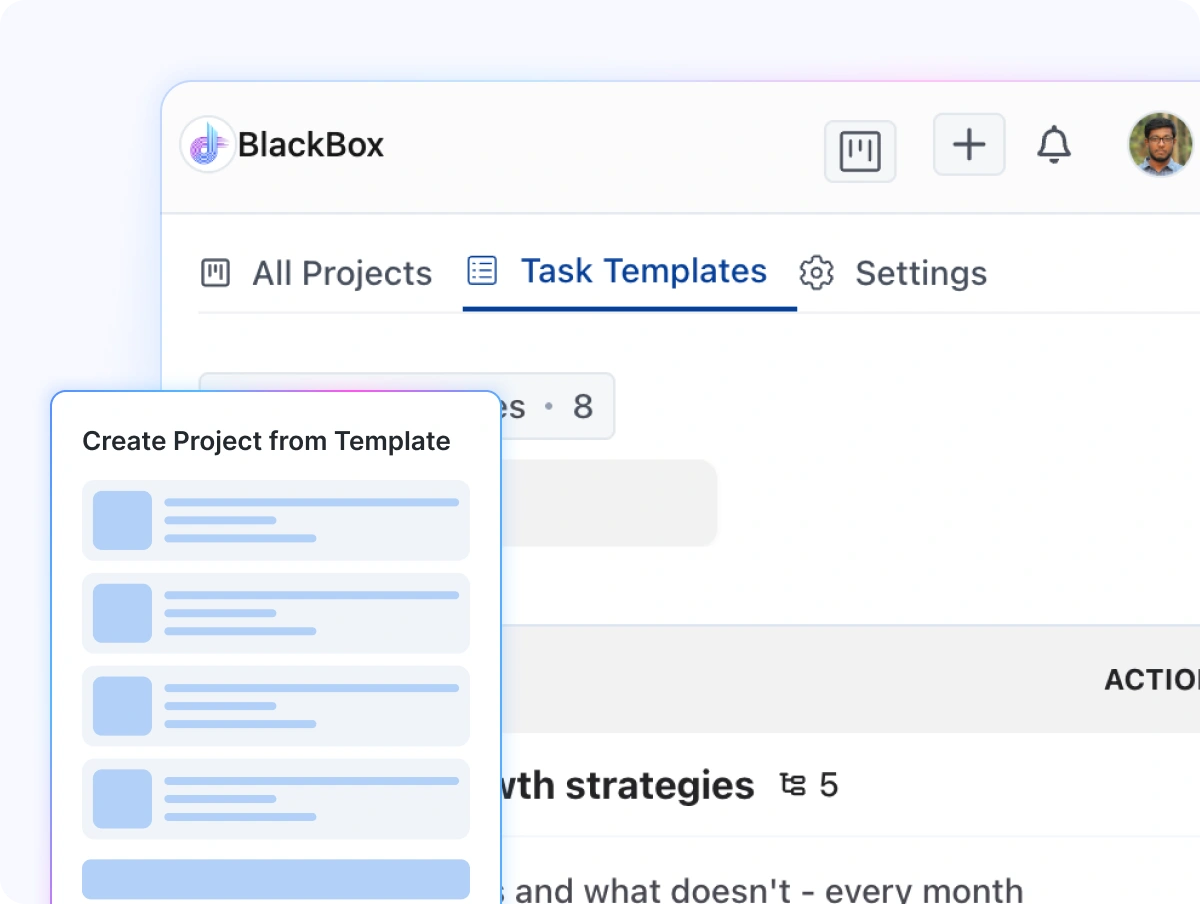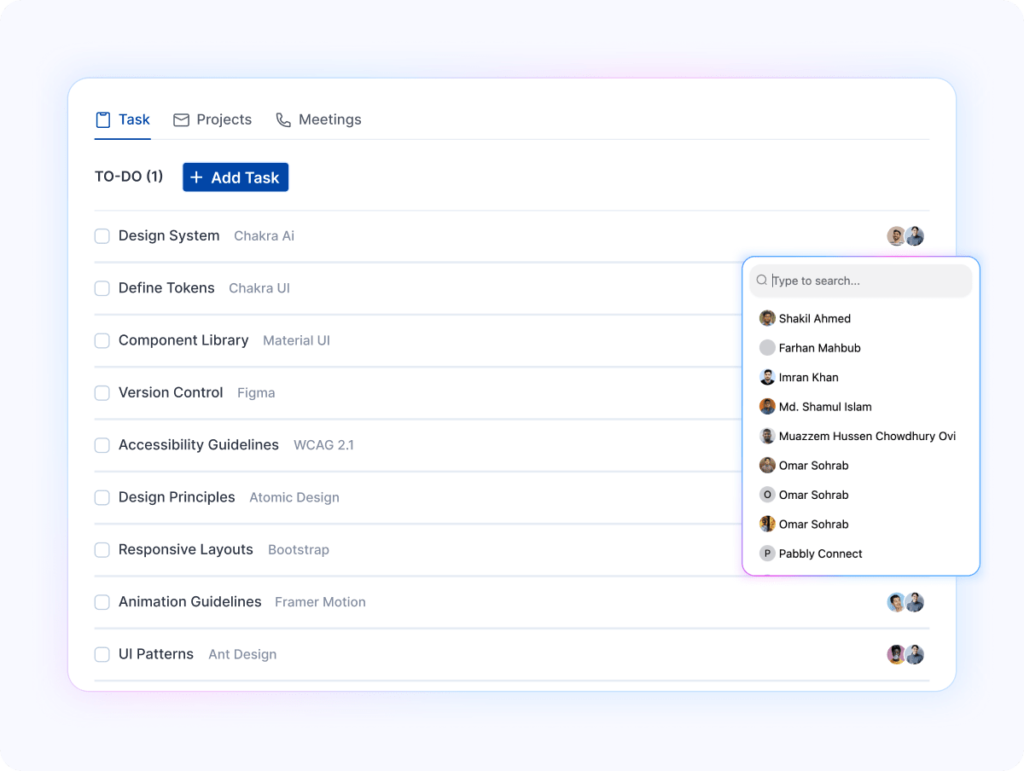
Managing social media for clients is more than just posting content—it’s about building trust, avoiding misunderstandings and protecting your business. Without a clear agreement, things can quickly go off-track, leading to scope creep, missed payments and frustrated clients. That’s why having a solid social media contract is essential.
The OneSuite Social Media Contract Template is designed to help freelancers, agencies and marketing teams clearly define responsibilities, deliverables, timelines and payment terms. This contract not only protects both parties legally but also lays the foundation for smoother, more professional collaboration.
In this article, you’ll discover:
- Why a contract is critical for social media work
- Key clauses to include for total clarity
- How to easily customize the free template to fit your services
Whether you’re just starting out or scaling your agency, this ready-to-use contract will save you time, prevent misunderstandings, and help you onboard clients more professionally.
Free Social Media Contract Template (Download Now for Free)
Get your free contract template now!
It’s simple to edit, well-structured and crafted based on real-world experience from freelancers, agencies and consultants in the social media management space.
⚠️ Disclaimer: I’m not a lawyer, and this isn’t legal advice. Always speak to a qualified attorney when drafting contracts.
Types of Social Media Contracts
In social media, no two clients are the same—so your contracts shouldn’t be either. The type of agreement you use should match the kind of work you’re doing. Whether you’re managing full accounts or just delivering content, each setup needs clear, written terms.
Here are four core contract types every social media freelancer or agency should have in their toolkit.
Full-Service Social Media Management Contract
It is the go-to for long-term or retainer clients. This covers everything: content creation, scheduling, publishing, engagement, reporting, and strategy.
It’s for clients who want the entire system handled for them. In this type of contract, the scope needs to be extremely clear.
If you’re posting to Instagram, Say that, If you’re not replying to DMs, say that too. It keeps everyone aligned—and prevents the all-too-common “Can you just add…” requests.
Influencer Marketing Agreement
Used when a brand partners with a creator to promote their products or services. These contracts include deliverables like reels, TikToks, or stories, plus brand guidelines, usage rights, deadlines, and disclosure terms to stay compliant with FTC rules.
Whether you’re the creator or the brand, this contract protects both sides. You define exactly what’s being delivered, when it’s going live and whether the brand can use your content in paid ads. No more guesswork or content being repurposed without permission.
Platform-Specific Content Creation Contract.
This is perfect for one-off content projects or monthly bundles—like “10 Instagram Reels,” “5 TikTok videos,” or “Pinterest graphics.” These clients aren’t asking you to manage accounts; they just want content delivered, ready to go.
This contract should be laser-specific: what you’re creating, when it’s due, how many revisions are allowed and whether you’re responsible for posting or just handing over files.
Content rights and licensing are key here—if they want to run your video as a Facebook ad, that needs to be covered.
Freelance Social Media Consulting Contract.
This one is purely strategy—no content creation, no publishing. You’re offering your brain, not your calendar. These contracts work well for audits, growth strategy, coaching calls, or internal team training.
Because you’re not executing, it’s crucial to define the boundaries of your role. You can advise, guide and plan—but you’re not responsible for results unless you’re directly managing implementation.
⚡️ See Also: How to Write a Contract Agreement: A Simple Step-by-Step Guide
What Should Be Included in a Social Media Contract?
If you’re doing client work without a contract, you’re basically walking into a business deal blindfolded — with no seatbelt, no guardrails and no backup.
Let’s fix that.
Here’s every clause you need to include in your social media contract, with real details that protect your time, your income, and your sanity.
1. Scope of Work (What You’re Being Paid to Do — Exactly)
This is the core of the contract. It’s where you tell the client: “Here’s what I will do. Here’s what I won’t.”
Break it down clearly:
- Platforms covered: Instagram, Facebook, TikTok, LinkedIn, YouTube, etc.
- Content types: Reels, carousels, single posts, stories, captions, blog shares, etc.
- Frequency: “3 Instagram posts per week,” “Bi-weekly analytics reports,” etc.
- Extras: Engagement (replying to comments/DMs), hashtag research, community growth.
🛑 DO NOT leave this vague. If you say “content creation” and don’t explain it, the client might assume that includes strategy, filming, editing, copy, scheduling and ad setup.
2. Client Responsibilities (Yes, They Have a Job Too)
Your contract should include what the client is expected to do.
Examples:
- Provide brand assets, logins, or photos before a specific date.
- Respond to content drafts within 48 hours.
- Approve or request changes by a set day of the week (e.g., feedback due every Thursday).
📌 From Erica’s advice: If a client goes silent, your workflow halts. This clause puts that on them — not you.
You can also include:
- That delays on their end extend timelines on your end.
- That failure to respond = implied approval after X days.
3. Payment Terms (Get Paid Without Chasing People)
Make this airtight. No confusion.
Include:
- The fee: Monthly retainer, project rate, hourly (only if needed).
- Due dates: On signature, before the 1st, net 7, etc.
- Late payment fees: 5–10% after 7 days, daily interest, or $25 flat fee.
- Accepted methods: Bank transfer, Stripe, PayPal, or OneSuite payment links.
- Upfront deposits: Required for new clients or project-based work (usually 50%).
💡 From Agency: Always require upfront payment before starting work.
And clarify: Work stops if payment isn’t received.
4. Timeline & Deliverables (When Things Happen)
Lay out how long the project will last and what will be delivered.
Example:
- Start Date: May 1, 2025
- End Date: Ongoing, with 30-day rolling notice
- Weekly content calendar by Monday
- Monthly reports by the 3rd of each month
Deadlines keep everyone accountable — and deliverables prevent misunderstandings like, “I thought this package came with daily posts?”
5. Revisions & Approvals (Set Boundaries Before They Burn You Out)
Revisions are normal — until they turn into full rewrites.
What to include:
- Number of free revision rounds (usually 1–2).
- What counts as a “revision” (small text changes ≠ full redesign).
- Time limit for client feedback (3 business days).
- What happens if they miss the window (auto-approved or archived).
This is one of the most overlooked contract sections — and it’s the one that saves your evenings and weekends.
6. Ownership & Usage Rights (Who Owns What — and When)
Don’t wait until the client asks, “Can we use your design on our billboard?”
Be clear:
- Ownership of final content transfers after full payment.
- You retain rights to reuse the work in your portfolio or case studies unless otherwise agreed.
- Raw files (e.g., Photoshop docs, footage) are not included unless paid for separately.
📌 Professional contracts often include clauses on IP rights and licensing. This is standard — make sure to include it.
Optional: Add a clause about “work-for-hire” versus “license to use.”
7. Confidentiality & NDAs (Trust Goes Both Ways)
If you’re managing someone’s backend — logins, ad spend, analytics — you need a confidentiality clause.
It doesn’t have to be fancy. Just say:
“Both parties agree to keep confidential any business, strategy, or financial information shared during the course of this agreement.”
This protects both of you.
Want it stronger? Add a formal NDA clause, especially for agencies or high-profile brands.
8. Termination & Cancellation Policy (So You’re Not Left Hanging)
People change their minds. Protect yourself from last-minute exits.
Include:
- 30-day written notice required to cancel
- Client must pay for work completed up to the cancellation date
- Refunds not available for delivered work
- Early termination fee (optional but smart)
This prevents the “we’re done — effective immediately” emails that tank your cash flow.
💡 Erica’s tip: Have both sides initial this clause. That way, there’s no “I didn’t see it” excuse.
9. Dispute Resolution & Governing Law (Your Emergency Plan)
This one’s simple — and critical if something goes sideways.
What to include:
- Your legal jurisdiction (where the contract is enforceable)
- Preferred method of dispute resolution (negotiation, mediation, or legal action)
- Optional: Which party pays legal fees if it escalates
You might never need this. But if you do, it’s a lifesaver.
10. Signatures & Digital Approval
This one’s non-negotiable.
- Both parties must sign (you and the client)
- Include a date and printed names
- Optional: Have them initial key clauses (payment terms, termination)
📌 Use OneSuite to upload your contract, assign signers, and get everything e-signed and time-stamped — no printing, scanning, or back-and-forth.
What Do Social Media Managers Charge?
There’s no flat rate for social media work — because no two projects are the same. What you charge depends on how you work, what you deliver, and the value you bring.
Most freelancers choose one of three models: hourly, project-based, or monthly retainer. Hourly works for quick tasks. Projects are ideal for one-off jobs like audits or content bundles. But retainers are where long-term income lives — handling content, strategy, and reporting every month.
Your rate should change based on platform complexity (Reels vs. tweets), niche expertise (a beauty brand vs. B2B SaaS), content type (video vs. graphic), and client size. Bigger impact = higher value = higher price.
If a client questions your rate, don’t just defend it — explain it. Walk them through your process. Show them how you save time, build consistency, and deliver growth. You’re not charging for “posts.” You’re charging for peace of mind.
Set your price with purpose — and stick to it.
⚡️Read Also: Download a free mutual NDA template & learn how to send and sign it online.
Benefits of Using OneSuite to Manage Your Contracts
Managing contracts with OneSuite gives you real advantages. Here’s how it helps:
- Save hours of manual work and emailing.
- Stay organized with reusable templates.
- Look professional with custom-branded, clean documents.
- Close contracts faster with legally secure e-signatures.
- Never lose track of your documents again.
How to Create a Social Media Contract Template with Onesuite

Creating a social media contract in OneSuite is simple and saves you from the usual back-and-forth. Start by writing your contract clearly, making sure all services, terms, and deliverables are final. Save it as a PDF or use OneSuite’s editor to build it directly inside the platform.
Once you’re logged into OneSuite, go to the Documents section and upload your contract. Add signature fields, dates, and any important details your client needs to complete. Assign each field to the right person — yourself and your client.
Before sending, link the document to a client profile. This keeps your contracts organized and makes sharing even faster. Once you send it, your client gets a secure link to sign — no downloads or extra accounts needed.
After both sides sign, OneSuite locks the contract automatically, giving you a professional, legally verified document ready for future use. You can also save it as a template to reuse with other clients, saving even more time.
💡 See Also: Free Graphic Design Contract Template
❓ FAQs About Social Media Contracts
Can I change the design of the template?
Yes, you can fully customize the design of the template—such as colors, fonts, layout, or logo—to match your brand identity. Just ensure the main content and terms remain accurate and professional.
Can I use this template for international clients?
While a standard template provides a solid foundation, it’s crucial to consider local laws and regulations when dealing with international clients. Different countries may have varying legal requirements, so it’s advisable to consult with a legal professional to ensure compliance and enforceability across jurisdictions.
Are contracts necessary for one-off projects?
Yes, contracts are essential even for single projects. They define the scope, deliverables, timelines, and payment terms, reducing the risk of misunderstandings or disputes. A contract ensures that both parties are aligned and protected, regardless of the project’s duration.
How do I handle scope changes mid-contract?
Scope changes should be documented through a formal amendment or addendum to the original contract. This document should outline the new tasks, adjusted timelines, and any additional costs. Both parties should review and sign the amendment to acknowledge and agree to the changes.
When are social media management contracts used?
Social media management contracts are used when a business, brand, or agency hires someone to handle their social media — whether it’s daily posting, running campaigns, managing influencer partnerships, or providing strategy. They set clear expectations, protect both sides, and make sure everyone knows their responsibilities from the start.
⚡️Read Also: Download a free, easy-to-edit SEO contract template. Learn what to include in your SEO agreement and how to send and sign it professionally.
Find a Better Way to Grow
OneSuite streamlines projects, clients, and payments in one place, making growth hassle-free.


